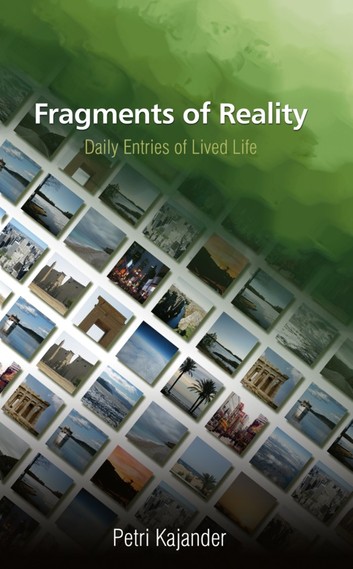We read many books during our life. The type of reading we
do varies with the topic, our interest in it, and the situation.
Sometime we just want to pass the time while waiting for
something else. Holiday and travel reading are just some
examples. On some occasions, we are very focused and con-
centrated on the text. The book is so good that we do not see
or hear the world around us. Time flies when we “wake up”
from the book’s fascinating world. This state of concentration
is meditating. Our mind is not wandering around but focus-
ing on the text for long periods of time.
Our reading style is different when we study. We need to
focus and concentrate in order to understand the context. It is
more of a struggle than when we read a good fiction novel.
Our mind tries to slip off from the concentration required for
learning something new; reading in this way is work, like any
other serious thinking processes.
When we study, we use the text and words as pure means
to penetrate and realize the idea and concept illustrated by the
words. We want to gain insight and learn the idea the author
is trying to present and transfer to us via words. What we
actually do is we use the text as our meditation tool. It is our
guide and map to help us to reach the concept and thinking of
the writer. Our concentration is in seeking to catch and reflect
the thought object produced by the author. Some texts are
easy for us to understand—we gain the insight and realize the
meaning. Often, we have difficulties reproducing and reflect-
ing the thinking, especially with subjects unfamiliar to us. We
need to work hard to expand our mind in order to understand
something new, unknown, to us.
We are able to learn and gain insight without firsthand
experience. However, this does not mean that we should not
actively strive forward for the insight. Pure mechanical read-
ing does not provide us with anything. We simply mimic and
repeat the mantra of the text without catching the concept
and the idea transferred by the text. In other words, we might
gain some knowledge but definitely not any wisdom. But wis-
dom can be achieved and realized from written materials.
This is an excellent way of gaining insight. It only requires
that we are open and willing to learn and are persistent: noth-
ing comes without personal responsibility and effort. The
most important component is our personal desire and humble
attitude toward learning more about ourselves. With practice,
we get better and our meditation technique improves as well.
This is the original text, and an edited version can be found in the Fragments of Reality -book.

